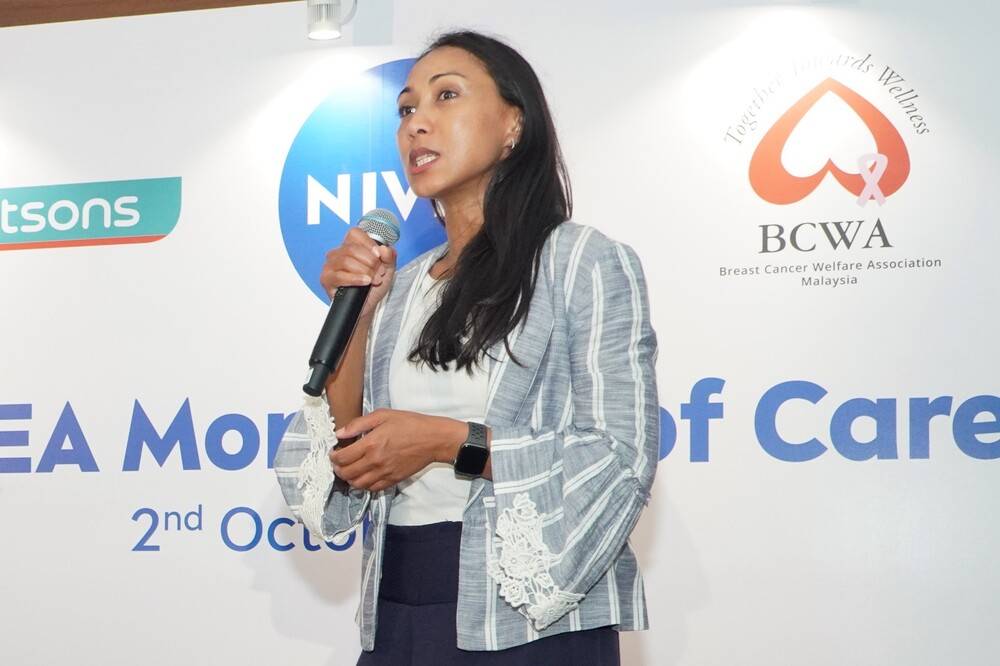Breast cancer treatment: Understanding BCS vs Mastectomy
Women diagnosed with breast cancer often face a difficult choice between these two approaches, each with its own set of benefits and challenges.

As Breast Cancer Awareness Month unfolds, it is crucial to understand the difference between breast-conserving surgery (BCS) and mastectomy, two primary treatment options for those diagnosed with the disease.
Women diagnosed with breast cancer often face a difficult choice between these two approaches, each with its own set of benefits and challenges.
While BCS aims to preserve as much breast tissue as possible, mastectomy involves the removal of one or both breasts, often sparking intense emotional and physical considerations.
This month serves as a crucial reminder to educate and empower patients, highlighting the importance of informed decision-making in the fight against breast cancer.
Pantai Hospital Kuala Lumpur Consultant Clinical Oncologist, Dr Nur Fadhlina Abdul Satar explained the difference between the two.
“BCS also known as a lumpectomy, involves removing only the lump, with additional treatment for the axilla, such as a sentinel lymph node biopsy or axillary dissection to remove lymph nodes.
“In BCS, most of the breast is retained, whereas in a mastectomy, much of the breast tissue is removed.
“Some patients believe that opting for a mastectomy will prevent cancer from returning, but this is not entirely true, as breast cancer can recur in other parts of the body, like the bones, liver, lungs or even the chest wall,” she said in a recent interview with Sinar Daily.

In cases where BCS is not feasible, Dr Fadhlina said that more surgeons now offer immediate reconstruction after mastectomy, allowing patients to retain a breast shape that resembles their original one.
“This helps reduce the impact on body image, a significant concern, especially for younger breast cancer survivors. Younger women, in particular, may struggle with the effects of breast cancer on their sexual health and body image, though this is also a concern for older women.
“Discussing surgical options with a breast surgeon is crucial, especially for cases of locally advanced cancers where the tumour may be large and require more tissue removal, making BCS less feasible.
“In more aggressive forms of breast cancer, like Triple-negative or HER2-positive breast cancer, chemotherapy or systemic therapy is often given before surgery to shrink the tumour. This approach can increase the likelihood of women being able to undergo BCS instead of mastectomy,” she said.
Ultimately, Dr Fadhlina emphasised that it is essential for women to feel empowered to discuss their options with their surgeon, ensuring the best decision for their health and body image.










